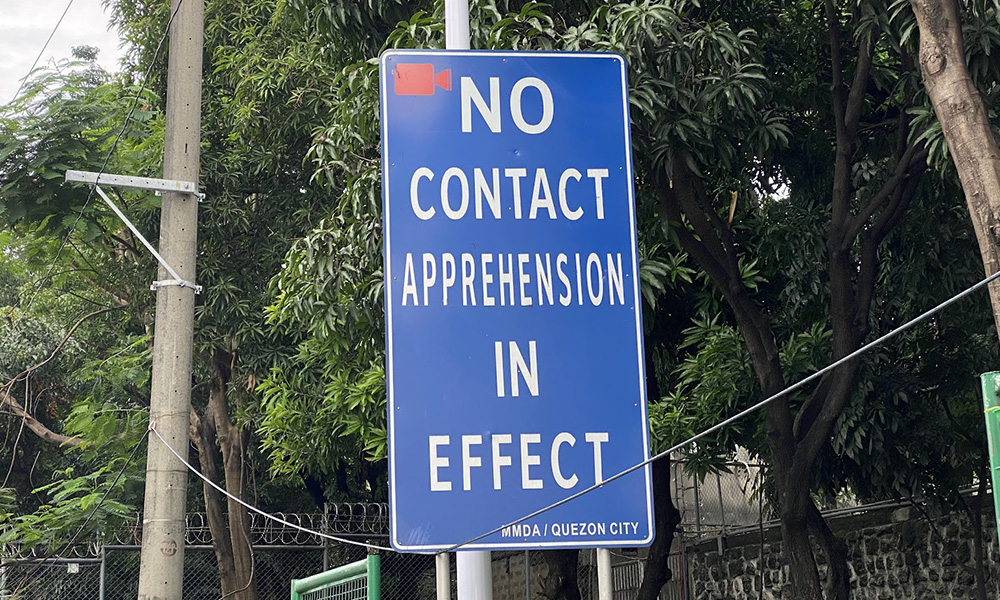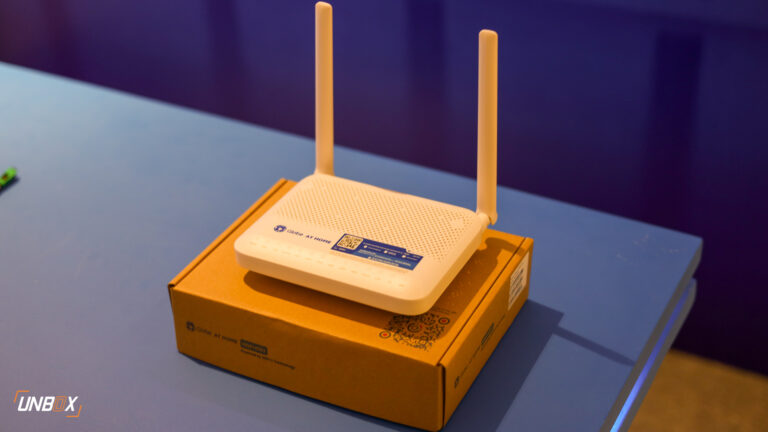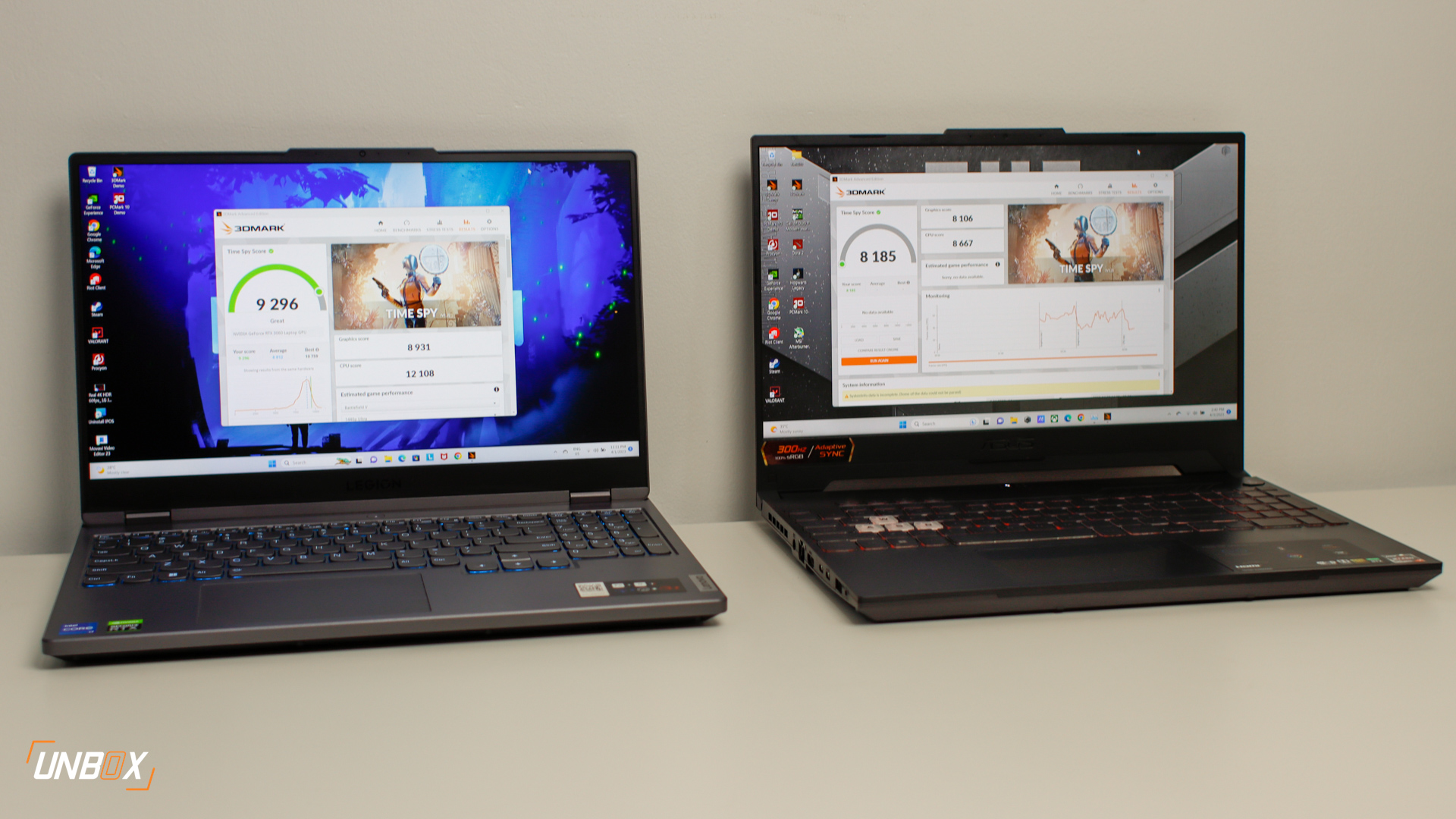Improving the internet in the Philippines is indeed a challenge. We enumerated the many factors why we face challenges in improving internet speeds in the Philippines, and one of these factors can be attributed to LGUs who are stubborn about having cell sites erected within their jurisdiction.
We are halfway into 2021, and Barangay Plainview in Mandaluyong is the latest LGU that is blocking telco’s efforts in improving our internet speeds. In a report by Rappler, Globe said that a resolution in Barangay Plainview, Mandaluyong prohibits the construction and operations of cell sites within its territorial jurisdiction. Barangay Plainview is where Mandaluyong’s City Hall is located.
The said resolution was passed by Barangay’s council in 2019, and its basis is on “medical reports” that cell towers can possibly cause health problems. It is a laughable resolution considering there have been many reports and articles that have already debunked this myth. In fact, the FDA reassured in 2020 that cell sites are safe, as a safety evaluation is conducted prior to installation.
“We urge Barangay Plainview to reconsider its decision and allow us to be a partner in providing top-notch telecommunication services in the area,” Globe senior legal counsel and head of litigation Alejandro Gozon said.
Congress has already granted Globe to put up additional telco infrastructure nationwide, which contradicts Barangay Plainview’s resolution banning any telco to erect cell sites within their jurisdiction–especially since the Mandaluyong City Hall is within their jurisdiction. “So any barangay resolution or even a barangay ordinance or even an ordinance or resolution passed and approved by a local council higher than a barangay council that conflicts with the legislative franchise of Globe Telecom is void and without effect,” Gozon adds.
“It is very unfortunate that there remain local government units that continue to deny their own communities fast and reliable connectivity at a time when people, businesses, and even government rely on the internet for work, school, day-to-day needs, and the delivery of public services.”


































































